Wildfire Prevention
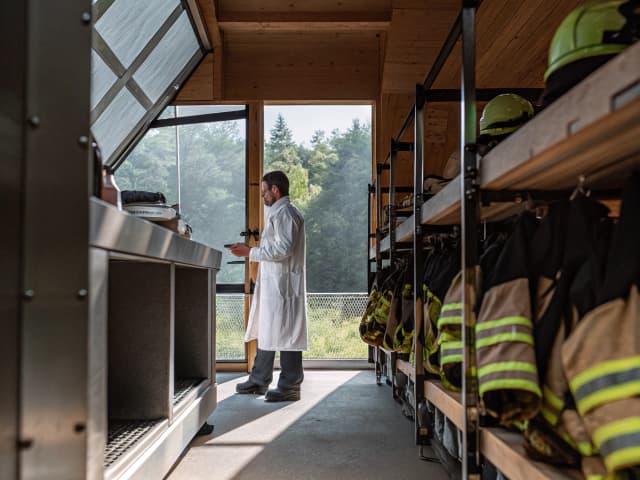
California Firefighter Cancer Prevention and Research Program.
Prohibits local governments from blocking firefighter participation in cancer prevention research studies. Ensures fire departments can provide facility access and equipment for cancer research grant studies. Supports the existing California Firefighter Cancer Prevention and Research Program.
California Firefighter Cancer Prevention and Research Program.

Prohibits local governments from blocking firefighter participation in cancer prevention research studies. Ensures fire departments can provide facility access and equipment for cancer research grant studies. Supports the existing California Firefighter Cancer Prevention and Research Program.
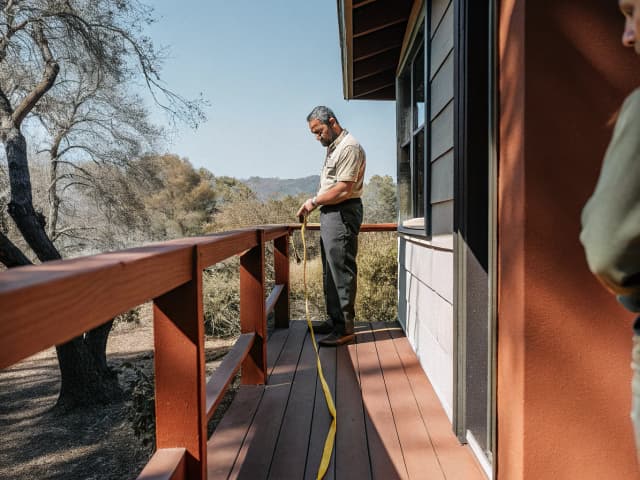
Wildfires: training: defensible space: inspections.
Extends California's wildfire defense program indefinitely to enhance home protection and fire safety assessments. Requires assessors to complete enhanced home ignition zone inspection training by July 2026. Establishes a statewide reporting system to track defensible space compliance and direct enforcement. Authorizes trained volunteers and organizations to conduct fire safety assessments and educate property owners.
Wildfires: training: defensible space: inspections.

Extends California's wildfire defense program indefinitely to enhance home protection and fire safety assessments. Requires assessors to complete enhanced home ignition zone inspection training by July 2026. Establishes a statewide reporting system to track defensible space compliance and direct enforcement. Authorizes trained volunteers and organizations to conduct fire safety assessments and educate property owners.
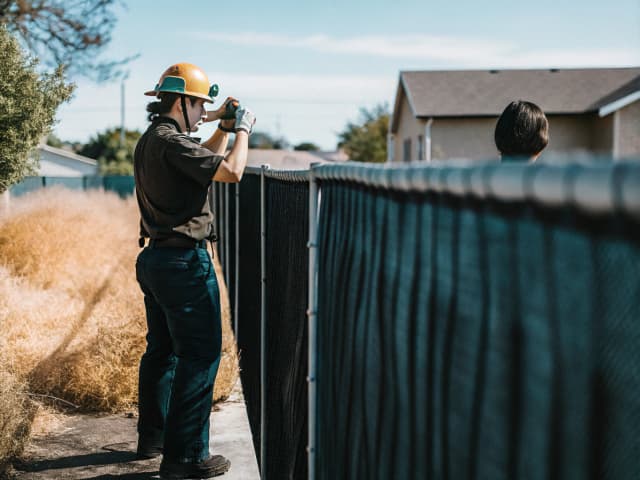
State Board of Forestry and Fire Protection: defensible space requirements: ember-resistant zones: emergency regulations: California Environmental Quality Act.
Mandates regulations to implement ember-resistant zones within five feet of structures. Requires 100-foot defensible space around structures as part of the regulations. Authorizes local fire agencies to adopt defensible-space ordinances with alternative practices. Permits emergency regulations if regular rulemaking would miss the 12/31/2025 deadline.
State Board of Forestry and Fire Protection: defensible space requirements: ember-resistant zones: emergency regulations: California Environmental Quality Act.

Mandates regulations to implement ember-resistant zones within five feet of structures. Requires 100-foot defensible space around structures as part of the regulations. Authorizes local fire agencies to adopt defensible-space ordinances with alternative practices. Permits emergency regulations if regular rulemaking would miss the 12/31/2025 deadline.
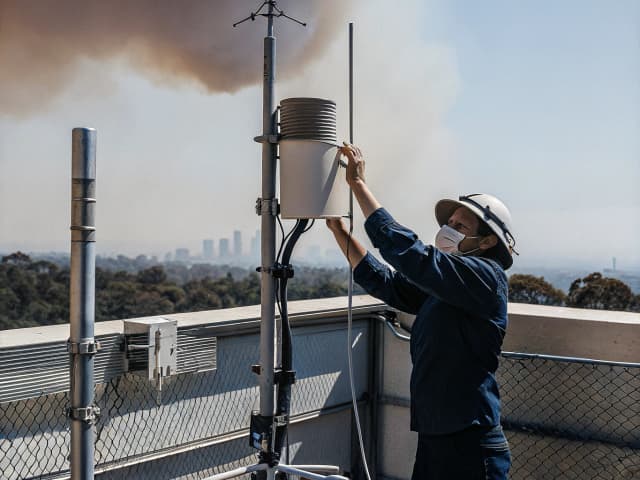
Community air protection programs: financial support.
Allocates 10% of the Greenhouse Gas Reduction Fund to support community air quality improvement programs. Provides grants and technical assistance to help disadvantaged communities reduce air pollution. Requires continuous funding for air monitoring, emissions reduction, and community participation initiatives.
Community air protection programs: financial support.

Allocates 10% of the Greenhouse Gas Reduction Fund to support community air quality improvement programs. Provides grants and technical assistance to help disadvantaged communities reduce air pollution. Requires continuous funding for air monitoring, emissions reduction, and community participation initiatives.
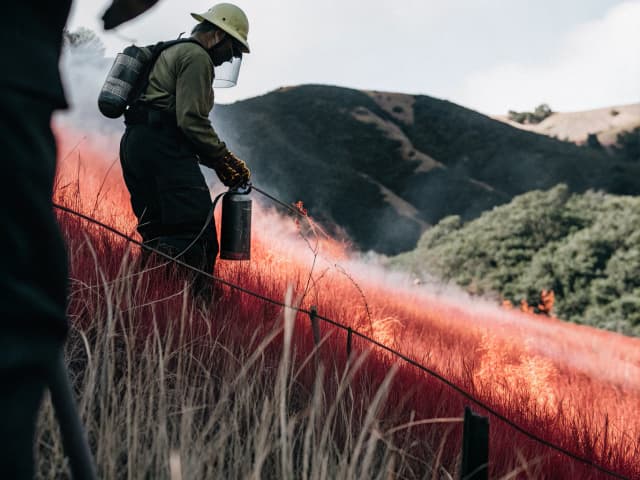
Air quality: wildland vegetation management burning: permits: exemption.
Expands oversight of agricultural burning by requiring state agencies to supervise and regulate burning activities. Exempts wildland vegetation management burning from permit requirements when conducted by authorized agencies. Requires development of new safety guidelines and best practices for wildland vegetation management burning.
Air quality: wildland vegetation management burning: permits: exemption.

Expands oversight of agricultural burning by requiring state agencies to supervise and regulate burning activities. Exempts wildland vegetation management burning from permit requirements when conducted by authorized agencies. Requires development of new safety guidelines and best practices for wildland vegetation management burning.

Wildfires: defensible space: education efforts.
Extends California's wildfire defense programs for home assessments and education through January 2031. Establishes a statewide reporting system to track property compliance with fire safety requirements. Creates a training program for volunteers to help homeowners meet defensible space requirements. Authorizes qualified entities like conservation corps to conduct fire safety assessments.
Wildfires: defensible space: education efforts.

Extends California's wildfire defense programs for home assessments and education through January 2031. Establishes a statewide reporting system to track property compliance with fire safety requirements. Creates a training program for volunteers to help homeowners meet defensible space requirements. Authorizes qualified entities like conservation corps to conduct fire safety assessments.
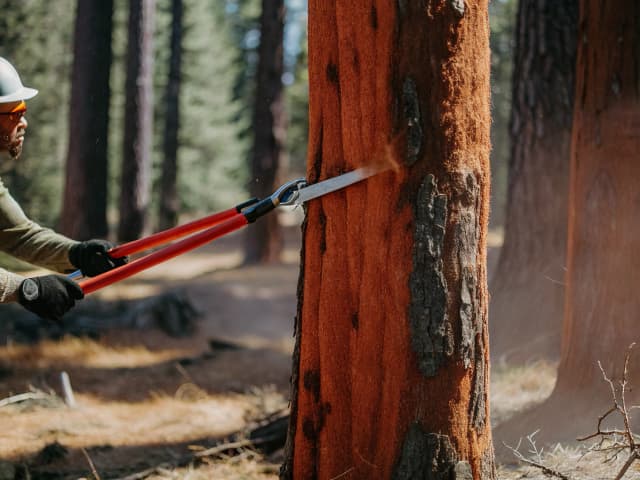
Wildfire prevention: environmentally sensitive vegetation management.
Establishes a grant-criteria framework for environmentally sensitive vegetation management. Defines environmentally sensitive vegetation management and type conversion terms. Requires twelve grant-criteria, including IPM, biodiversity, and water buffers. Declares no new funding is authorized; enforcement relies on grant guidelines.
Wildfire prevention: environmentally sensitive vegetation management.

Establishes a grant-criteria framework for environmentally sensitive vegetation management. Defines environmentally sensitive vegetation management and type conversion terms. Requires twelve grant-criteria, including IPM, biodiversity, and water buffers. Declares no new funding is authorized; enforcement relies on grant guidelines.
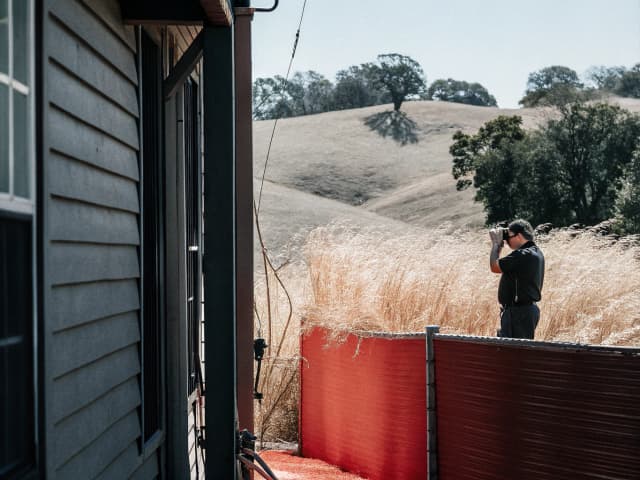
Wildfires: fire hazard severity zones: post-wildfire safety areas.
Expands fire hazard zones to include wildfire perimeters and urban risk. Creates post-wildfire safety areas and links to state fire standards. Requires local posting of maps and notices within 10 business days. Requires safety element updates to address post-wildfire areas.
Wildfires: fire hazard severity zones: post-wildfire safety areas.

Expands fire hazard zones to include wildfire perimeters and urban risk. Creates post-wildfire safety areas and links to state fire standards. Requires local posting of maps and notices within 10 business days. Requires safety element updates to address post-wildfire areas.
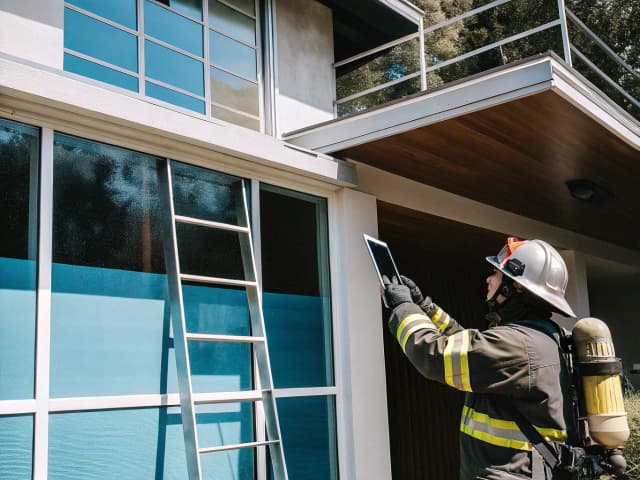
Community Hardening Commission: wildfire mitigation program.
Establishes a Community Hardening Commission to set wildfire standards and data sharing. Requires quarterly meetings from 2026 and standards by 2027; funding via annual budgets. Provides data sharing with opt-out and confidential agreements.
Community Hardening Commission: wildfire mitigation program.

Establishes a Community Hardening Commission to set wildfire standards and data sharing. Requires quarterly meetings from 2026 and standards by 2027; funding via annual budgets. Provides data sharing with opt-out and confidential agreements.
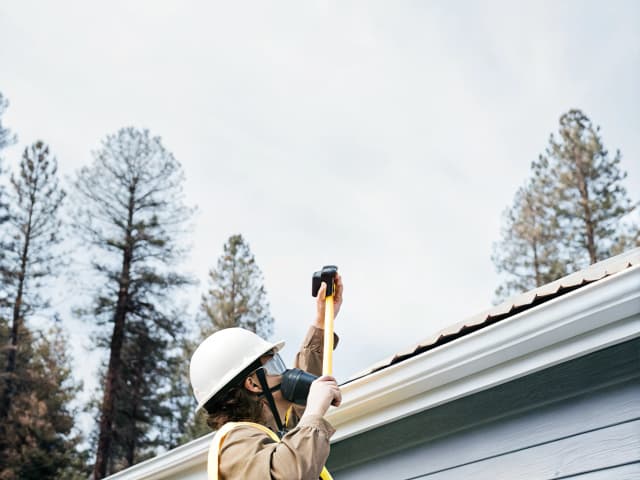
State Fire Marshal: home hardening certification program.
Establishes a home hardening certification to reduce wildfire risk. Expands WUI training and product lists with emergency power backups. Forms a monthly advisory committee to develop the program by Jan 1, 2027 and align with CBC Part 7. Funding via legislative appropriation from a revolving fund; some provisions are contingent.
State Fire Marshal: home hardening certification program.

Establishes a home hardening certification to reduce wildfire risk. Expands WUI training and product lists with emergency power backups. Forms a monthly advisory committee to develop the program by Jan 1, 2027 and align with CBC Part 7. Funding via legislative appropriation from a revolving fund; some provisions are contingent.
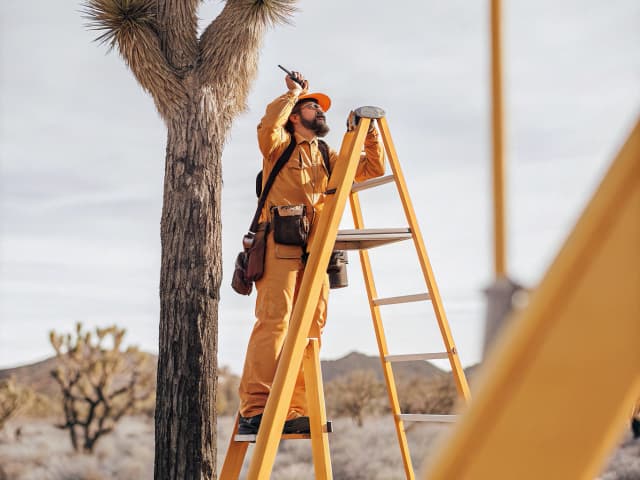
Western Joshua Tree Conservation Act: industrial projects and commercial projects: tree removal and trimming.
Authorizes cities to delegate western Joshua tree taking for commercial and industrial projects. Limits in-lieu fees for commercial and industrial projects. Removes dead/live tree distinction and permits removal or trimming of any western Joshua tree. Authorizes enforcement via suspension and requires annual local population assessments.
Western Joshua Tree Conservation Act: industrial projects and commercial projects: tree removal and trimming.

Authorizes cities to delegate western Joshua tree taking for commercial and industrial projects. Limits in-lieu fees for commercial and industrial projects. Removes dead/live tree distinction and permits removal or trimming of any western Joshua tree. Authorizes enforcement via suspension and requires annual local population assessments.
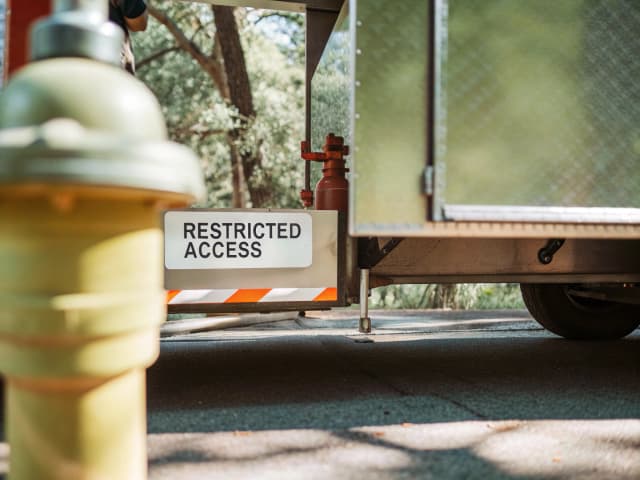
Fire protection: privately contracted fire prevention resources: public water sources.
Mandates new rules for privately contracted fire prevention resources during active incidents. Requires OES, CAL FIRE, and FIRESCOPE to develop regulations with private and public input. Requires nonemergency labeling and prohibits emergency lights or branding. Preserves water system authority and allows hookups only with approval and backflow device.
Fire protection: privately contracted fire prevention resources: public water sources.

Mandates new rules for privately contracted fire prevention resources during active incidents. Requires OES, CAL FIRE, and FIRESCOPE to develop regulations with private and public input. Requires nonemergency labeling and prohibits emergency lights or branding. Preserves water system authority and allows hookups only with approval and backflow device.
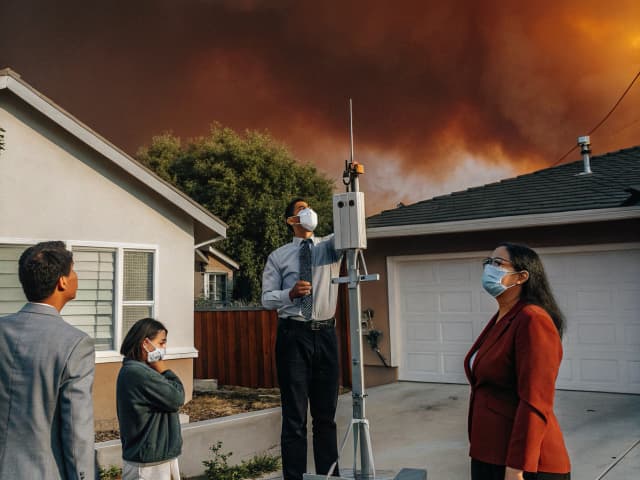
Public health: emergency plans and wildfire research.
Establishes a state plan and county plans to manage wildfire-related air quality. Sets state plan due by 6/30/2027; posting in 7 days; distributing in 14 days. Requires counties to adopt county-specific or regional plans aligned with the state plan and assign leads. Adds respite facility criteria, PPE stockpiling, outreach, and 14-day dissemination.
Public health: emergency plans and wildfire research.

Establishes a state plan and county plans to manage wildfire-related air quality. Sets state plan due by 6/30/2027; posting in 7 days; distributing in 14 days. Requires counties to adopt county-specific or regional plans aligned with the state plan and assign leads. Adds respite facility criteria, PPE stockpiling, outreach, and 14-day dissemination.
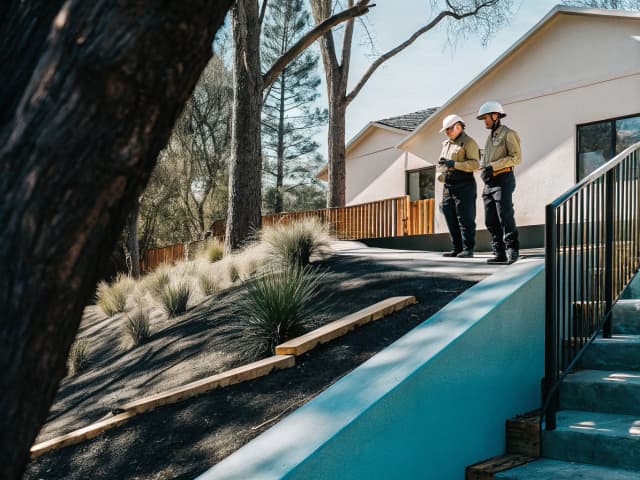
Wildfire prevention: qualified entities: assessments: California Fire Service Training and Education Program Act.
Extends the wildfire defensible space program indefinitely and adds nonprofits. Anonymizes owner data and bars enforcement use unless the owner requests. Creates a common data reporting platform and guides resource allocation. Authorizes contractor certification and funds a volunteer pilot from the Greenhouse Gas Reduction Fund.
Wildfire prevention: qualified entities: assessments: California Fire Service Training and Education Program Act.

Extends the wildfire defensible space program indefinitely and adds nonprofits. Anonymizes owner data and bars enforcement use unless the owner requests. Creates a common data reporting platform and guides resource allocation. Authorizes contractor certification and funds a volunteer pilot from the Greenhouse Gas Reduction Fund.
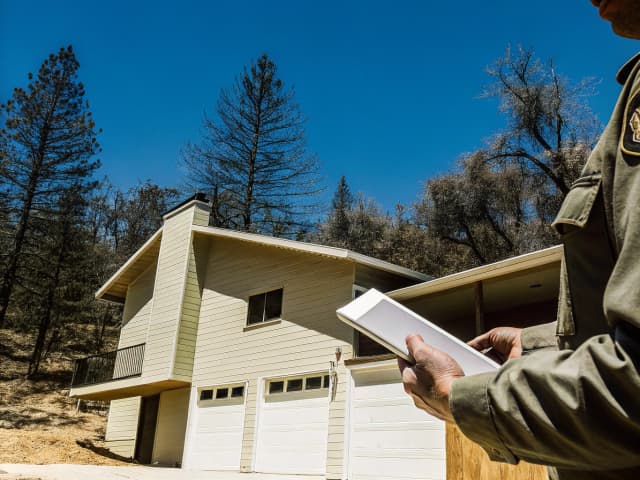
Residential projects: fees and charges.
Expands when fees may be collected to accelerate funding for residential projects. Authorizes bonds or credits for affordable housing. Expands upfront funding categories to water, sewer, fire, roads, schools, and parkland. Uses contracts, liens, and escrow to secure fee payments.
Residential projects: fees and charges.

Expands when fees may be collected to accelerate funding for residential projects. Authorizes bonds or credits for affordable housing. Expands upfront funding categories to water, sewer, fire, roads, schools, and parkland. Uses contracts, liens, and escrow to secure fee payments.
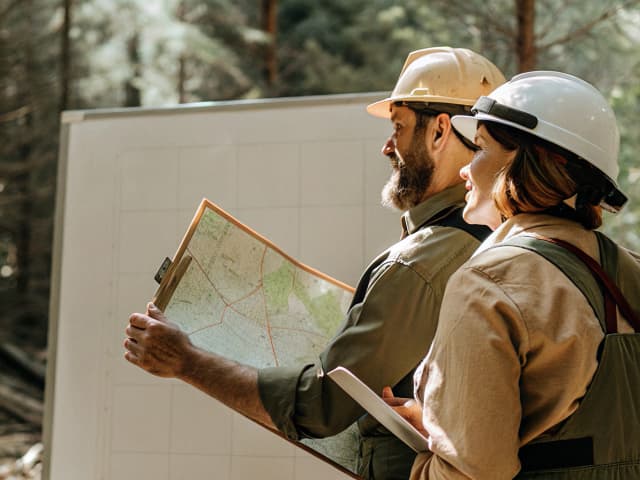
Endangered species: incidental take: wildfire preparedness activities.
Establishes a new process for local agencies to conduct wildfire prevention while protecting endangered species. Requires local agencies to submit wildlife protection plans to the Department of Fish and Wildlife for review. Mandates the Department to approve or deny permits within 45 days of receiving complete applications. Sets minimum five-year terms for approved permits with options for renewal.
Endangered species: incidental take: wildfire preparedness activities.

Establishes a new process for local agencies to conduct wildfire prevention while protecting endangered species. Requires local agencies to submit wildlife protection plans to the Department of Fish and Wildlife for review. Mandates the Department to approve or deny permits within 45 days of receiving complete applications. Sets minimum five-year terms for approved permits with options for renewal.

Timber harvesting: streambed agreement: waste discharge requirements.
Requires state agencies to approve timber harvesting plans within 5 working days instead of 60 days. Mandates detailed documentation of equipment, water usage, and environmental impacts in harvesting plans. Establishes faster waste discharge authorizations for approved timber operations.
Timber harvesting: streambed agreement: waste discharge requirements.

Requires state agencies to approve timber harvesting plans within 5 working days instead of 60 days. Mandates detailed documentation of equipment, water usage, and environmental impacts in harvesting plans. Establishes faster waste discharge authorizations for approved timber operations.
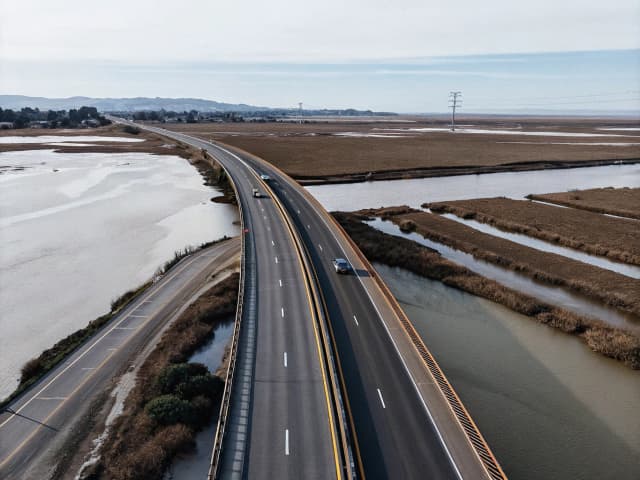
Protected species: authorized take: State Route 37 project.
Establishes a project-specific incidental take carve-out for SR 37 affecting four fully protected species. Requires compliance with incidental take permit standards, conservation measures, monitoring and adaptive management, and payment of the permit fee. Authorizes the department to issue an incidental take permit for SR 37 for the four species. Requires public notice and a 30-day comment for proposed take.
Protected species: authorized take: State Route 37 project.

Establishes a project-specific incidental take carve-out for SR 37 affecting four fully protected species. Requires compliance with incidental take permit standards, conservation measures, monitoring and adaptive management, and payment of the permit fee. Authorizes the department to issue an incidental take permit for SR 37 for the four species. Requires public notice and a 30-day comment for proposed take.
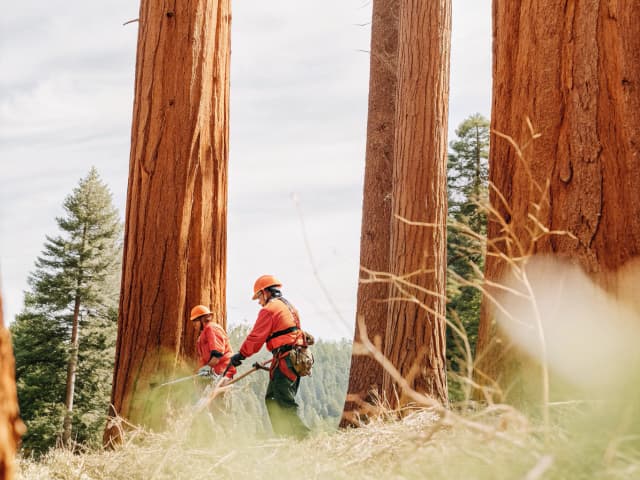
Forestry: timber operations: maintenance of timberlands for fuels reduction.
Authorizes 35 annual wildfire fuel reduction projects on public timberlands to streamline environmental reviews. Limits eligible projects to noncommercial operations under 1,500 acres that use public funding. Expires automatically on January 1, 2031 unless renewed by the legislature.
Forestry: timber operations: maintenance of timberlands for fuels reduction.

Authorizes 35 annual wildfire fuel reduction projects on public timberlands to streamline environmental reviews. Limits eligible projects to noncommercial operations under 1,500 acres that use public funding. Expires automatically on January 1, 2031 unless renewed by the legislature.
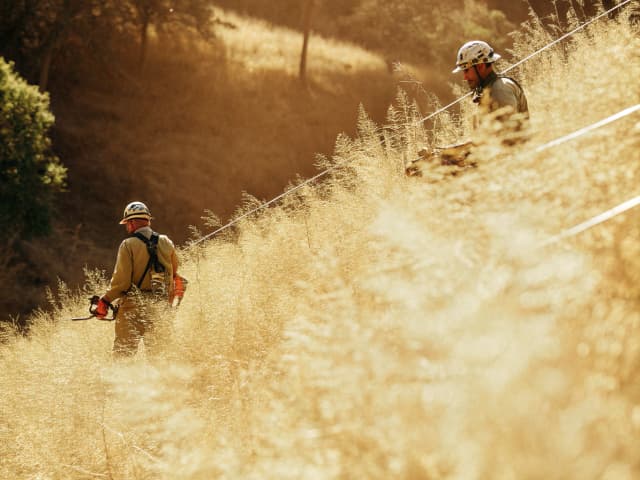
Wildfire prevention activities: Endangered Species Act: California Environmental Quality Act: California Coastal Act of 1973.
Establishes a new process for local agencies to conduct wildfire prevention activities while protecting endangered species. Exempts fuel reduction projects in fire hazard zones from environmental review requirements. Requires the Department of Fish and Wildlife to review wildfire plans within 90 days. Mandates 5-year minimum permits for approved wildfire prevention activities.
Wildfire prevention activities: Endangered Species Act: California Environmental Quality Act: California Coastal Act of 1973.

Establishes a new process for local agencies to conduct wildfire prevention activities while protecting endangered species. Exempts fuel reduction projects in fire hazard zones from environmental review requirements. Requires the Department of Fish and Wildlife to review wildfire plans within 90 days. Mandates 5-year minimum permits for approved wildfire prevention activities.
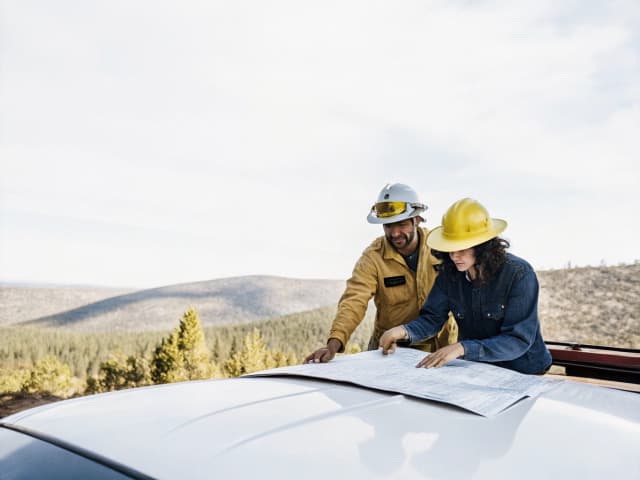
Wildfire safety: fire protection building standards: defensible space requirements: The California Wildfire Mitigation Strategic Planning Act.
Establishes a wildfire risk planning framework to guide statewide mitigation. Requires a baseline wildfire forecast by April 1, 2027, and every three years. Advances ember resistant zone timelines for existing structures in high fire zones. Creates local grants to fund inspections and early prevention work, contingent on funding.
Wildfire safety: fire protection building standards: defensible space requirements: The California Wildfire Mitigation Strategic Planning Act.

Establishes a wildfire risk planning framework to guide statewide mitigation. Requires a baseline wildfire forecast by April 1, 2027, and every three years. Advances ember resistant zone timelines for existing structures in high fire zones. Creates local grants to fund inspections and early prevention work, contingent on funding.
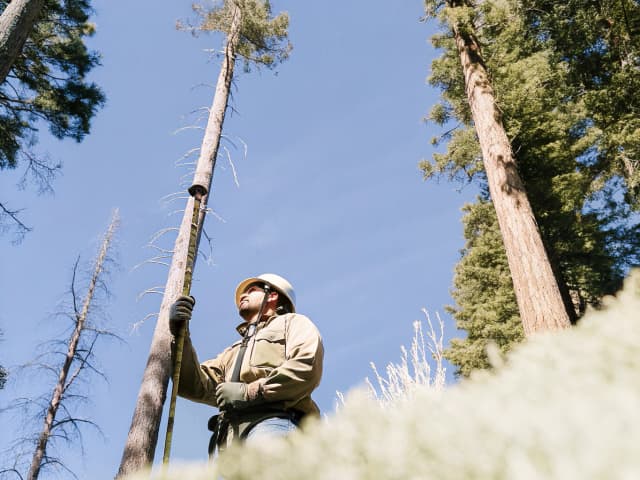
The California Endangered Species Act: take of species: renewable electrical generation facilities.
Streamlines renewable energy project approvals by allowing pre-approved takes of at-risk species that become endangered. Requires renewable energy projects to comply with existing permits and species protection requirements. Establishes research partnerships between wildlife officials and energy developers to study species impacts. Mandates a comprehensive legislative report on species protection outcomes by January 2030.
The California Endangered Species Act: take of species: renewable electrical generation facilities.

Streamlines renewable energy project approvals by allowing pre-approved takes of at-risk species that become endangered. Requires renewable energy projects to comply with existing permits and species protection requirements. Establishes research partnerships between wildlife officials and energy developers to study species impacts. Mandates a comprehensive legislative report on species protection outcomes by January 2030.
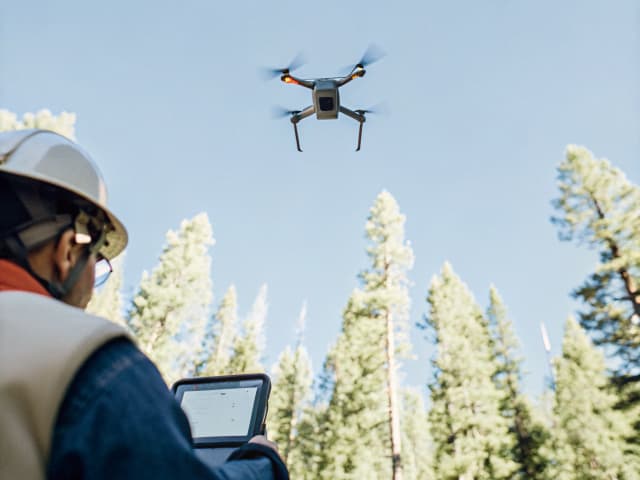
Wildfire prevention: Office of Wildfire Technology Research and Development: wildfire mitigation program.
Extends California's wildfire technology research and mitigation programs through 2031. Maintains the Office of Wildfire Technology Research and Development's role in testing emerging fire prevention tools. Preserves the state's wildfire mitigation financial assistance program for property owners. Requires annual reporting on program effectiveness and wildfire risk reduction outcomes.
Wildfire prevention: Office of Wildfire Technology Research and Development: wildfire mitigation program.

Extends California's wildfire technology research and mitigation programs through 2031. Maintains the Office of Wildfire Technology Research and Development's role in testing emerging fire prevention tools. Preserves the state's wildfire mitigation financial assistance program for property owners. Requires annual reporting on program effectiveness and wildfire risk reduction outcomes.
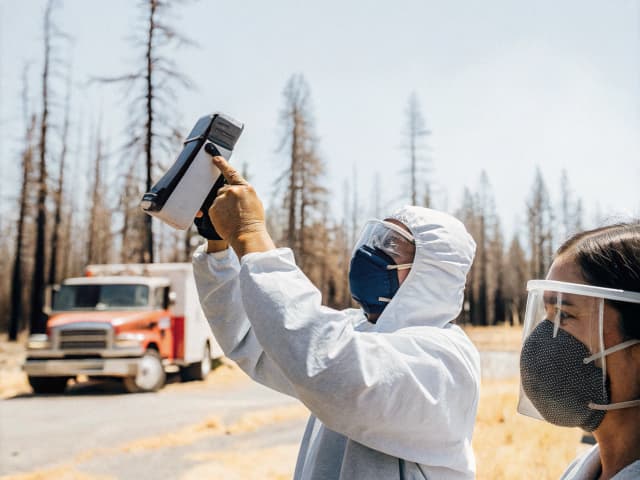
Wildfires: workgroup: toxic heavy metals.
Establishes a state workgroup to study and address toxic heavy metal exposure from wildfires. Requires development of safety guidelines for first responders and communities affected by wildfires. Mandates research into methods to prevent and clean up heavy metal contamination after wildfires. Requires findings to be reported to the Legislature within 3 years of the workgroup's first meeting.
Wildfires: workgroup: toxic heavy metals.

Establishes a state workgroup to study and address toxic heavy metal exposure from wildfires. Requires development of safety guidelines for first responders and communities affected by wildfires. Mandates research into methods to prevent and clean up heavy metal contamination after wildfires. Requires findings to be reported to the Legislature within 3 years of the workgroup's first meeting.
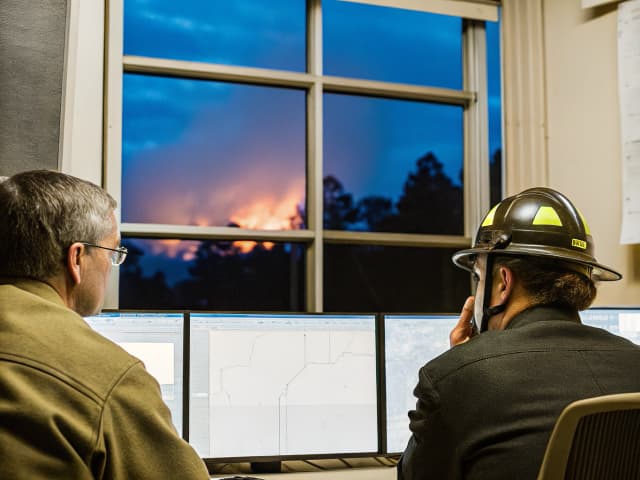
The Wildfire Smoke and Health Outcomes Data Act.
Establishes a statewide data platform to track health impacts of wildfire smoke by July 2028. Creates a new fund to support wildfire smoke and health data collection and management. Requires state agencies to develop protocols for tracking air pollution and health impacts from wildfires. Mandates integration of smoke data from federal, state, and local agencies into a unified system.
The Wildfire Smoke and Health Outcomes Data Act.

Establishes a statewide data platform to track health impacts of wildfire smoke by July 2028. Creates a new fund to support wildfire smoke and health data collection and management. Requires state agencies to develop protocols for tracking air pollution and health impacts from wildfires. Mandates integration of smoke data from federal, state, and local agencies into a unified system.